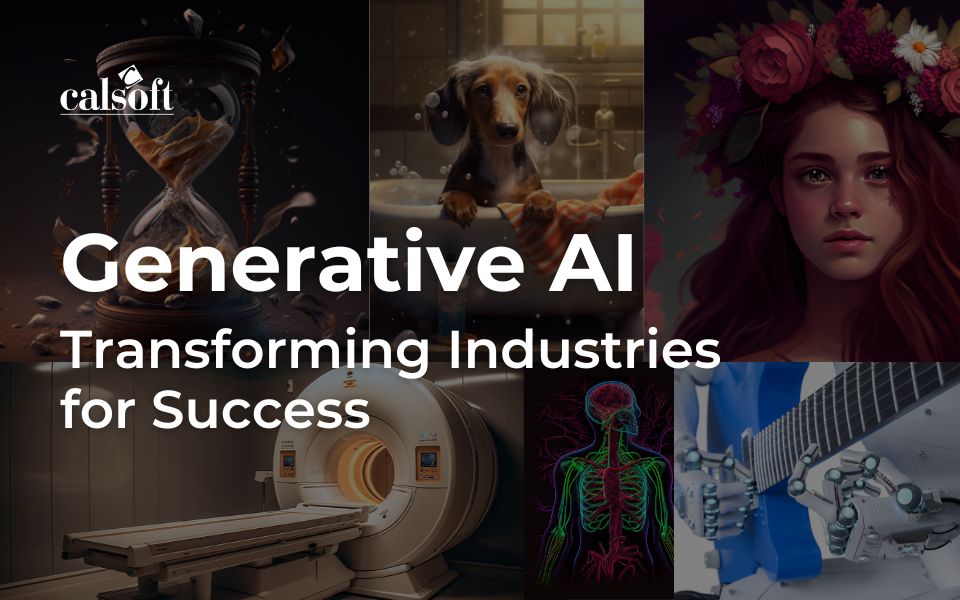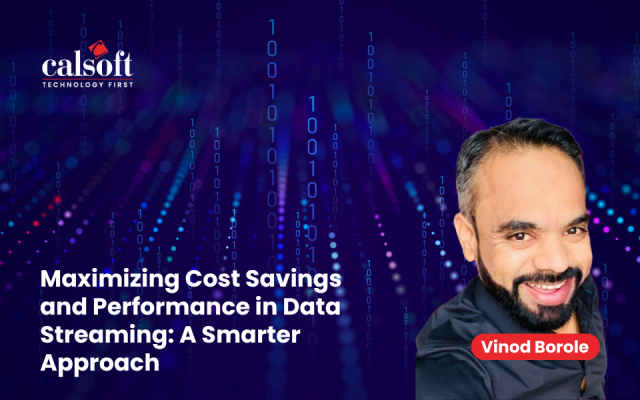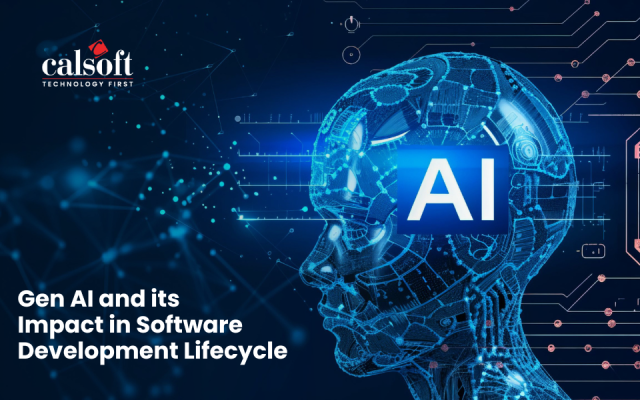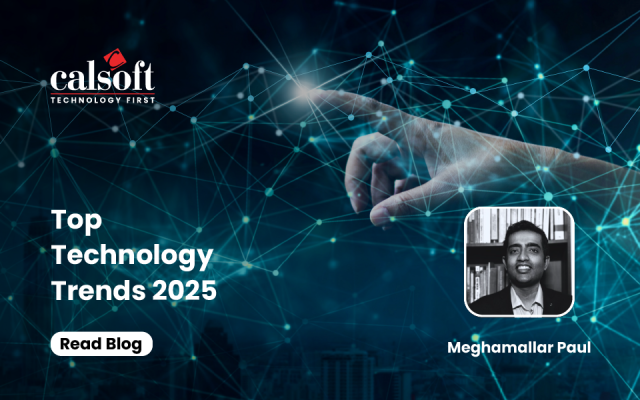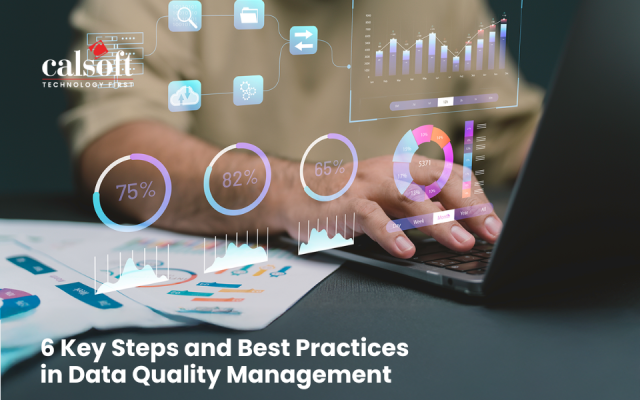Artificial Intelligence (AI) has become an indispensable tool across various sectors, revolutionizing the way businesses operate. One of the latest and most exciting branches of AI is Generative AI, a technology that enables machines to create original content such as text, images, sounds, videos, and codes.
In recent years, industries worldwide have embraced Generative AI to unlock a multitude of benefits. In this blog, we will explore how different sectors are leveraging Generative AI to drive innovation, enhance efficiency, and deliver superior experiences.
Retail and E-commerce
The retail and e-commerce sectors are leveraging Generative AI to provide personalized experiences, enhance product recommendations, and optimize supply chain operations. AI-powered recommendation systems use generative models to understand consumer preferences and suggest relevant products, leading to improved customer satisfaction and increased sales.
Additionally, Generative AI assists in visual search, allowing customers to find products by uploading images and receiving similar recommendations. Furthermore, supply chain optimization algorithms utilize Generative AI to forecast demand, optimize inventory management, and streamline logistics.
Finance and Risk Management
Generative AI is proving invaluable in the finance industry, enabling accurate risk assessment, fraud detection, and algorithmic trading. Machine learning models can analyze vast amounts of financial data to identify potential risks and predict market trends. AI algorithms can also detect fraudulent activities by learning patterns from historical data and detecting anomalies in real-time transactions.
Additionally, Generative AI is applied in algorithmic trading, where it assists in making data-driven investment decisions and optimizing trading strategies.
Healthcare and Biotechnology
Generative AI is making significant strides in healthcare and biotechnology, contributing to breakthroughs in disease diagnosis, drug discovery, and personalized medicine. Machine learning models can analyze large datasets of patient information to identify patterns and predict disease progression. In drug discovery, AI algorithms can generate novel molecular structures and optimize drug candidates, accelerating the development process.
Generative AI is also assisting in the creation of synthetic biological sequences, opening up new possibilities for bioengineering and synthetic biology.
Creative Industries
Generative AI is reshaping the creative landscape, empowering artists, designers, and musicians with new tools and possibilities. Artists can use AI algorithms to generate unique visual art pieces or assist in the creative process by providing inspiration and generating novel ideas. Designers can utilize Generative AI to create personalized product designs, tailor marketing materials, or even generate interactive prototypes.
Moreover, musicians are leveraging AI to compose original melodies, harmonies, and even entire songs, opening up new avenues for creativity.
Gaming and Entertainment
The gaming and entertainment industry is thriving with the integration of Generative AI. Game developers are utilizing AI algorithms to generate realistic landscapes, characters, and immersive environments, thereby enhancing the overall gaming experience. Furthermore, Generative AI is powering procedural content generation, enabling games to dynamically create unique levels, quests, and challenges.
In the film and television industry, Generative AI is transforming special effects creation, enabling realistic rendering, and accelerating post-production processes.
Generative AI is a rapidly growing field with the potential to revolutionize many industries. By using AI to generate new content, businesses can improve their efficiency, productivity, and customer engagement
Examples of How Current Industries are Using Generative AI
- Customer service: Generative AI can be used to create Chatbots that can answer customer questions and resolve issues. This can free up human customer service representatives to focus on more complex tasks.
- Marketing: Generative AI can be used to create personalized marketing content that is more likely to resonate with customers. This can lead to increased sales and customer loyalty.
- Product development: Generative AI can be used to create new products and services that meet the needs of customers. This can help businesses stay ahead of the competition.
- Content creation: Generative AI can be used to create new content, such as articles, blog posts, and social media posts. This can help businesses save time and money on content creation.
- Research: Generative AI can be used to analyze large amounts of data to identify patterns and trends. This can help businesses make better decisions.
These are just a few examples of how current industries are using generative AI. As technology continues to develop, we can expect to see even more innovative and creative applications for generative AI in the future.
Benefits of Using Generative AI
- Increased efficiency: Generative AI can automate many tasks that were previously done by humans, freeing up employees to focus on more creative and strategic work.
- Reduced costs: Generative AI can help businesses save money on labor costs, marketing costs, and research and development costs.
- Improved customer service: Generative AI can help businesses provide more personalized and efficient customer service, leading to increased customer satisfaction and loyalty.
- Increased innovation: Generative AI can help businesses develop new products and services, enter new markets, and disrupt existing industries.
Overall, generative AI is a powerful tool that can help businesses improve their efficiency, productivity, and customer engagement. As technology continues to develop, we can expect to see even more innovative and creative applications for generative AI in the future.
Conclusion
Generative AI is transforming industries across the board, enabling businesses to unlock new levels of innovation, efficiency, and customer satisfaction. From fostering creativity in the arts to revolutionizing healthcare and improving customer experiences in retail, the applications of Generative AI are vast and diverse. As technology continues to advance, we can expect even more exciting developments and applications of Generative AI, leading to further advancements and breakthroughs in various sectors.

